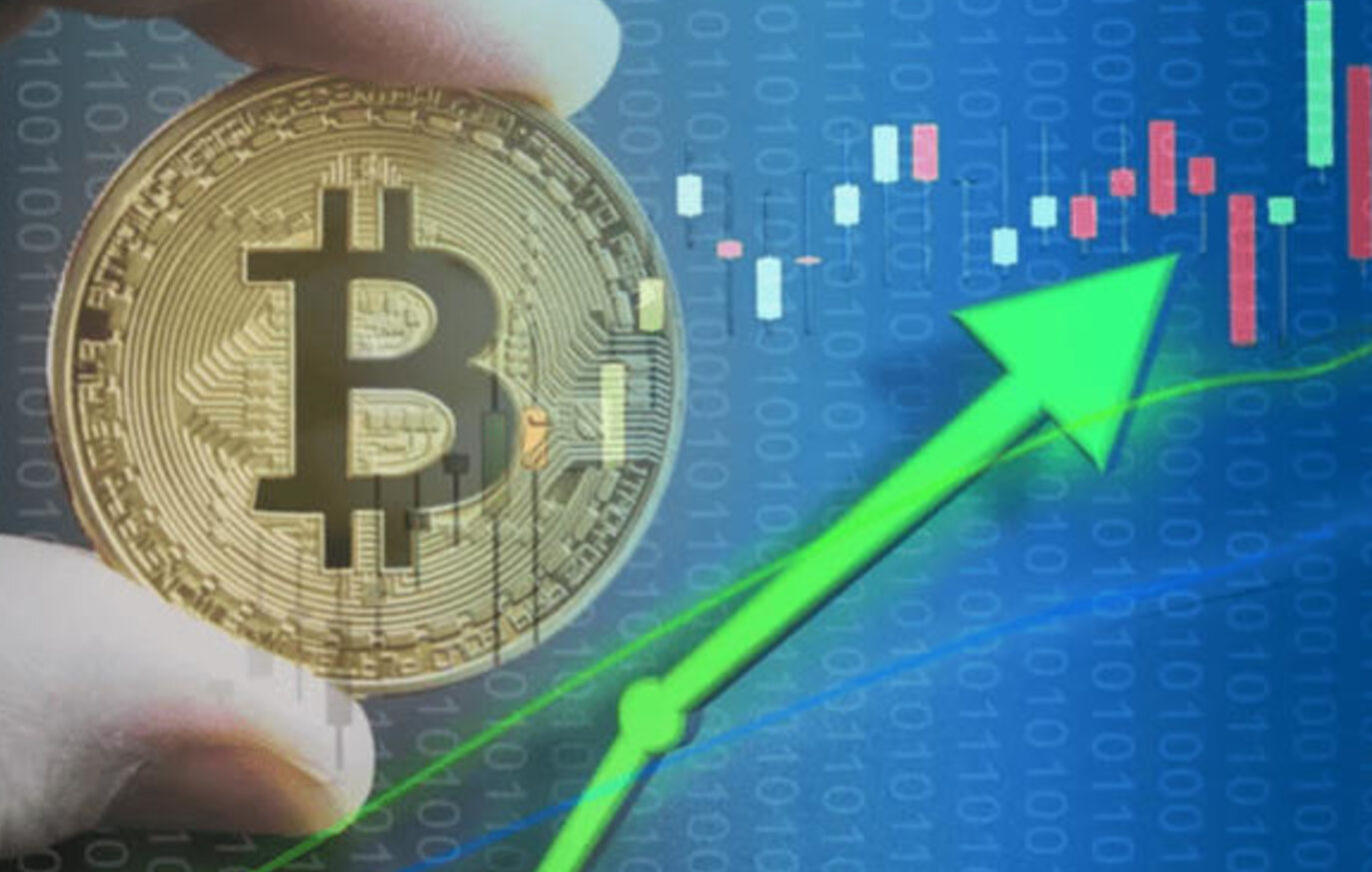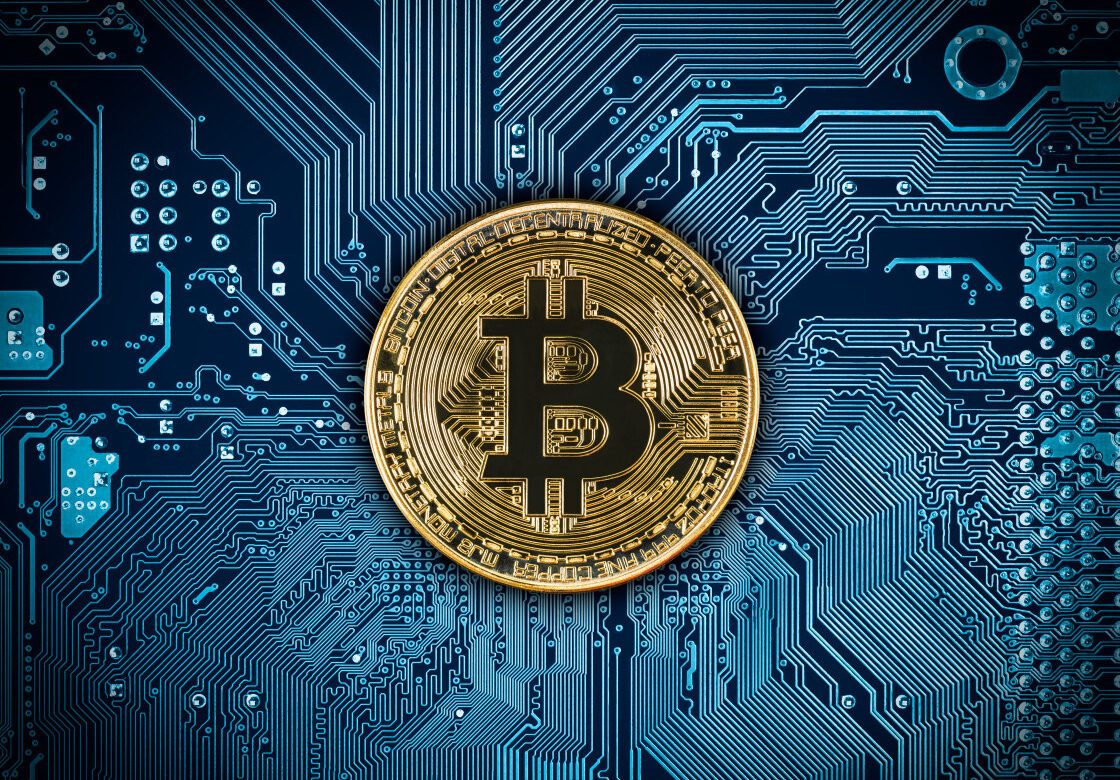Bitcoin news is still one of the most popular sources of information since the cryptocurrency is changing the way money works. Bitcoin (BTC) started out as a little-known digital experiment in 2009 by the enigmatic Satoshi Nakamoto. Now, it is a widely known financial asset around the world. As the use of Bitcoin increases, discussions about its regulation and technological advancements intensify. Investors, techies, and regulars who want to know how this decentralised money affects the economy and markets should stay up-to-date on Bitcoin news.
Bitcoin’s Role in Inflation
Bitcoin is a unique digital money and wealth vault. Bitcoin’s decentralised blockchain makes policy inflation and censorship difficult. This distinguishes it from central bank-controlled fiat currencies. This crucial feature has attracted governments, businesses, and institutional investors. The investments by Tesla in Bitcoin and the acceptance of crypto payments by PayPal suggest that more individuals are accepting cryptocurrency, which continues to influence the price of Bitcoin. Bitcoin is considered “digital gold” since it hedges against inflation and economic unpredictability. This fable became famous when the globe worried about inflation and monetary stimulation. Central banks printed trillions during COVID-19. Bitcoin’s fixed quantity of 21 million coins made it suitable for capital protection.
Bitcoin Price Market Drivers
The news often focusses on the frequent fluctuations in the price of Bitcoin. Market changes are the result of a complicated mix of things, such as news about regulations, improvements in technology, macroeconomic indicators, and how investors feel. For instance, when the U.S. Federal Reserve talks about raising interest rates or setting inflation targets, it can have a big effect on the value of Bitcoin.

Institutional adoption significantly influences market confidence. Michael Saylor’s company MicroStrategy and others have been buying a lot of Bitcoin, which is a clear hint that the market is going up. On the other hand, big economies’ regulatory crackdowns, including China’s prohibition on crypto mining and trade, have caused prices to drop significantly. Bitcoin mining used to be mostly done in China, but miners have moved to places like the United States, Kazakhstan, and Canada, which has changed the geography of mining in a big way. This move has an effect on the global hash rate, which is an important sign of network security and mining activity that Bitcoin news cycles closely watch.
Global Bitcoin Regulatory Landscape
Bitcoin news still talks a lot about regulation. Around the world, governments and financial regulators are adopting rules that strike a balance between protecting consumers and encouraging innovation. The U.S. Securities and Exchange Commission (SEC) has been especially busy looking at Bitcoin exchange-traded funds (ETFs). Approval could potentially facilitate investment for a greater number of individuals.
The European Union’s Markets in Crypto-Assets (MiCA) policy aims to create a unified legal framework for cryptocurrencies at the regional level. Such measures will improve transparency and safeguard investors. China’s strict rules over cryptocurrencies, on the other hand, show how tense the situation is around Bitcoin’s future. These stories about regulations affect how confident people are in the market, how they invest, and how technology grows in the Bitcoin ecosystem.
Bitcoin Technology and Innovation
Bitcoin’s technology is continually changing to make it easier to use, more private, and more scalable. The Lightning Network has been a giant step forward since it allows transactions to happen faster and for less money by working off-chain and settling on the main Bitcoin network. This change makes it possible to use Bitcoin for small purchases and everyday transactions that were difficult to do before because of longer confirmation periods and higher fees.

Taproot and other upcoming protocol enhancements will make Bitcoin’s privacy features better and the network’s scripting capabilities better, which will let more complicated smart contracts be written. These new technologies not only make Bitcoin safer, but they also help it compete with other new blockchain platforms. Integration with decentralised finance systems (DeFi) and interoperability initiatives like Rootstock (RSK) makes Bitcoin more useful as a financial tool than just a currency. This expanding ecosystem shows that Bitcoin is still at the top of blockchain technology because of all the new ideas that are coming out.
Bitcoin and Financial Inclusion
Bitcoin is more than just a technology and an investment. This represents a significant shift in the way people globally perceive and manage money. A central authority doesn’t control Bitcoin, making it a unique money system. This approach is useful in nations where the economy is unstable, there is hyperinflation, or there are capital controls. People in Venezuela and Zimbabwe, for instance, are using Bitcoin more and more to keep their money safe and do business across borders.
Bitcoin is also a fantastic instrument for financial inclusion because it is decentralised and it gives those who don’t have bank accounts access to banking services around the world. Bitcoin-powered remittance flows can lower costs and speed up money transfers, which is especially beneficial for migratory workers and their families.
Influencers Shaping Bitcoin Trends
Bitcoin news regularly talks about how famous people like Elon Musk have affected the market. Elon Musk’s tweets and public pronouncements have caused the market to change many times. Entrepreneurs like Jack Dorsey, who helped start Twitter and Square (now Block, Inc.), have pushed Bitcoin as a critical part of the future of digital finance and put a lot of money into its ecosystem.
The Bitcoin Conference and Consensus are two important annual events where participants discuss new rules, technologies, and investing trends. These events bring together developers, regulators, investors, and the media, which helps to determine the path of Bitcoin and how people understand it.
Final thoughts
If you are keen to learn more about related topics, internal links to articles like “How Blockchain Technology Works”, “Guide to Cryptocurrency Investment”, and “Understanding Crypto Regulations Worldwide” can be quite helpful. The official Bitcoin website (bitcoin.org), CoinDesk, which offers real-time news and analysis, and institutional reports from organisations like the International Monetary Fund (IMF) and World Economic Forum are all excellent examples of external authoritative sources that can provide depth and legitimacy.

